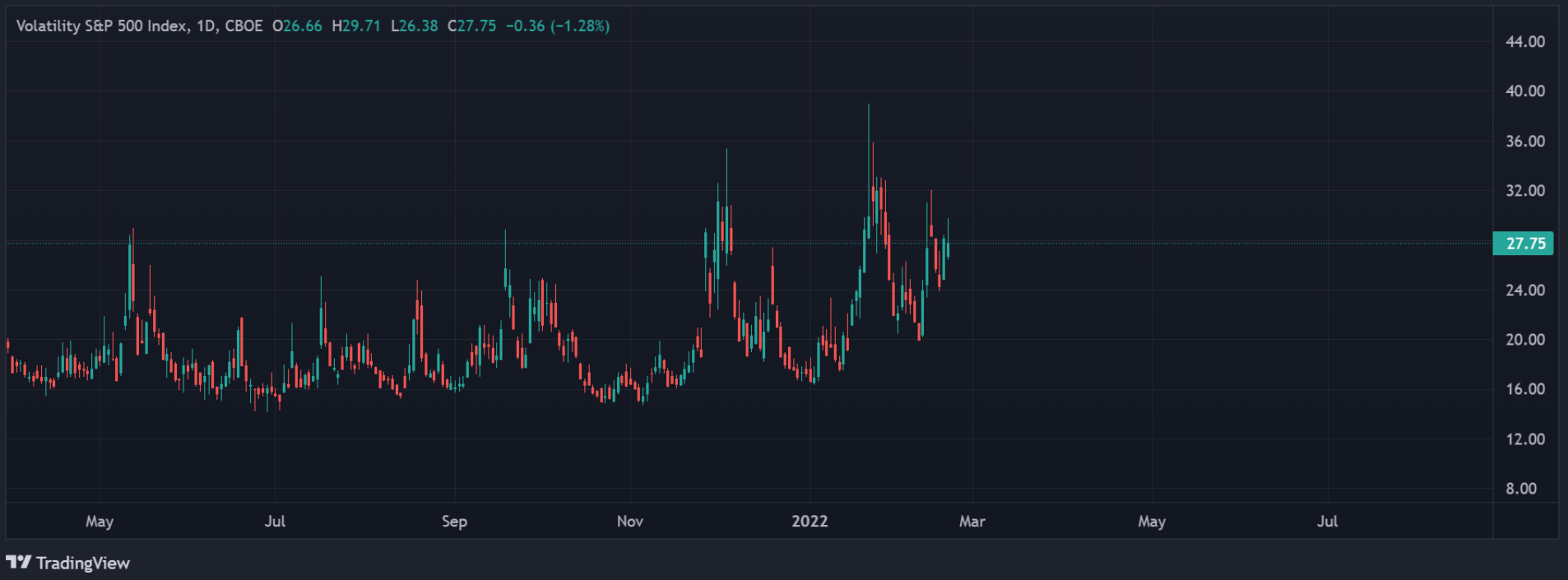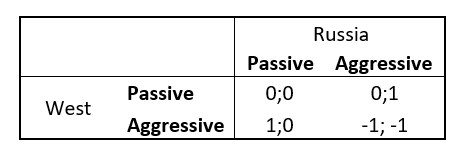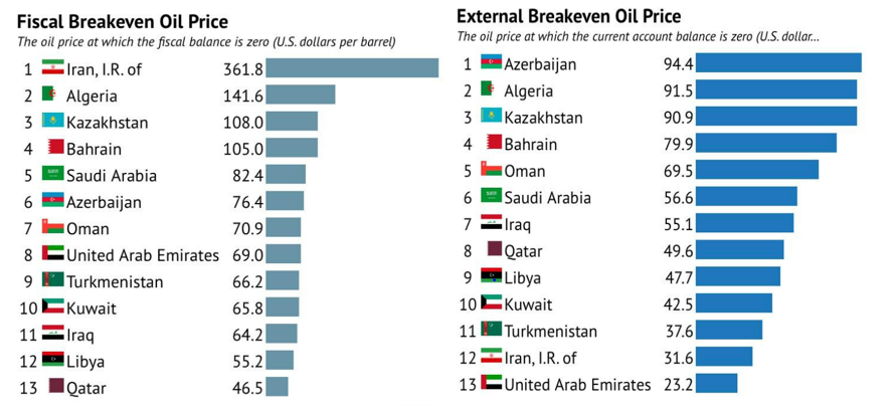Tensions in Eastern Europe have risen sharply in the last month as Russia threatens Ukraine's borders. Central bank policies continue to impact financial markets; yet, geopolitical tensions keep the VIX over the 20 level.

In assessing the current situation, we strive to outline the events that have transpired thus far while identifying potential Russian moves in the future using a game theory approach.
What role does NATO play in this conflict? NATO (North Atlantic Treaty Organization) is a military alliance that spans continents. It should be noted that Ukraine is not a member of NATO but has pledged to join NATO allies in the future.
NATO Secretary-General Jens Stoltenberg stressed that NATO would not send soldiers to defend Ukraine since they are not obligated to do so. However, NATO will choose to protect its members from Russian aggression, and by pulling from Ukraine's support, it will prevent further Russian aggression.
Game Theory Breakdown
Given that Vladimir Putin would remain in power until 2036, this strengthens his hand in a long-term aggressive game compared to Western leaders. Assuming that both the West and Russia play a passive game (0;0), no one will win, but it will be seen as "testing the waters" for future games by Russia, as well as dictating the consequences of the West's action with Chinese pressure on Taiwan.
A Russian aggressiveness (0;1) move combined with a passive West would result in a scenario similar to 2008 when Russia took Crimea and launched a war in eastern Ukraine in 2014. As Russian forces strive to control naval operations in the Black Sea, this will cause unrest in Ukraine's regions.
An aggressive stance by the West (1:0), such as the sanctions announced by the Biden administration, may be a political gain. Still, it may also lead to Russian retaliation on the Ukrainian economy in different ways. In light of the Minsk agreements, which resulted in a cease-fire in 2014 events, Russia has demonstrated no intention of adhering to the agreed-upon conditions.
Lastly, both parties' aggressive stance (-1;-1) may result in a war between nuclear powers and would be something no country would want. However, this may lead to the expansion of NATO, with Finland and Sweden becoming new members. The aggressive nation will also drive mass migration as refugees seek shelter in European countries.

Retaliation by Russia and Energy Supply
The is no doubt Russia will retaliate from the sanctions imposed by the US. The biggest concern for investors will be inflation as major economies are experiencing decade-high inflation numbers induced by the pandemic and supply chain disruptions.
Restrictions may pose a significant threat to the US and EU energy supplies in the short term. Yet, countries that stand to benefit from higher oil prices are depicted below; all countries from rank five and below will obtain a fiscal breakeven level at current oil prices above $95, and all countries depicted on the External Breakeven Oil Price Chart will obtain a current account surplus.
